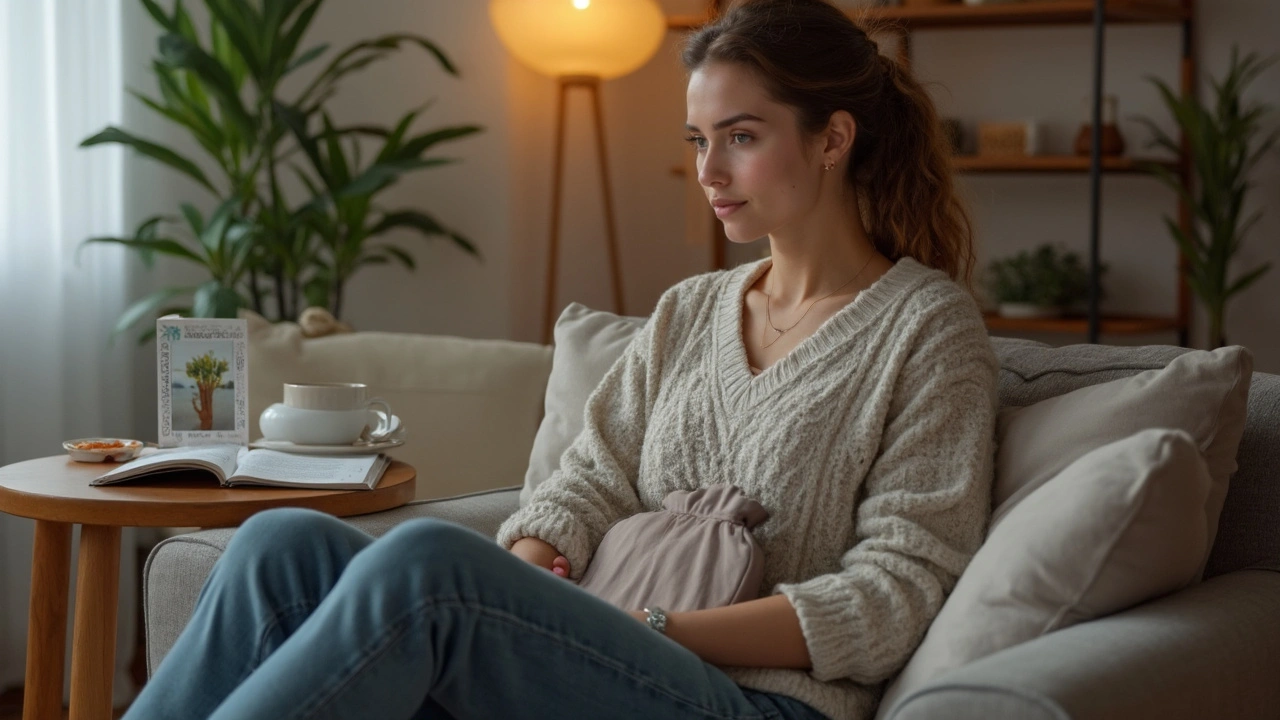Interstitial Cystitis: Practical Help, Tests, Treatments
Interstitial cystitis (IC), also called bladder pain syndrome, causes chronic bladder pressure, pain, and urges to urinate. If you feel frequent, sharp bladder pain that doesn't come from infection, IC might be the reason. This page gathers clear, practical steps: how doctors diagnose IC, what treatments work, and simple self-care that eases symptoms.
Diagnosis starts with a careful history. Expect your doctor to ask about pain patterns, fluid intake, and urinary habits. Urine tests rule out infection and blood. Imaging or cystoscopy may be used if symptoms are unusual. A pain diary for a week helps both you and your clinician spot triggers like coffee, citrus, alcohol, or stress.
Medical treatments that help
There is no single cure, but several treatments reduce pain and urgency. Oral medications include pentosan polysulfate, tricyclic antidepressants for pain, and antihistamines. Some people use short courses of antibiotics only when infection appears. Bladder instillations deliver medication directly into the bladder and can work fast for many. If standard options fail, your doctor might suggest nerve blocks or neuromodulation to calm bladder signals.
Physical therapy for pelvic floor dysfunction often helps. Tight pelvic muscles can mimic or worsen IC pain. A trained pelvic therapist teaches release techniques, relaxation, and posture changes that reduce pressure on the bladder. Try this before invasive procedures when possible.
Practical self-care you can start today
Track foods and drinks that make symptoms worse. Common culprits are caffeine, acidic foods, tomato products, spicy dishes, and alcohol. Small changes, like swapping coffee for low-acid tea and spacing fluids evenly during the day, can cut urgency and pain. Warm baths, heat packs, and pelvic floor relaxation exercises often give quick relief. Stress management matters: breathing techniques, short walks, and sleep routines reduce flare-ups for many people.
Over-the-counter options include plain acetaminophen for pain and lubes for painful intercourse. Avoid NSAIDs long-term without talking to your doctor. If symptoms affect sleep or mood, mention this—treating those issues makes IC easier to handle day-to-day.
When to see a specialist: if pain is severe, urine tests keep coming back normal while symptoms persist, or daily life is affected. Urologists who specialize in bladder pain can offer advanced testing, targeted instillations, or multidisciplinary plans combining medication, therapy, and lifestyle changes.
Medication safety: order prescriptions from verified pharmacies and ask about interactions with other drugs you take. Our site covers safe online buying tips and how to check pharmacy credentials if you need medication delivered. Never stop prescribed medication without talking to your clinician.
Common tests include cystoscopy, uroflowmetry, and urodynamics. Bring a list of medicines and allergies to your appointment, and keep symptom notes for follow‑ups. Share details honestly during visits. Your notes speed diagnosis and treatment.
IC is frustrating but manageable. With a clear diary, smart diet tweaks, pelvic therapy, and the right medical plan, many people cut symptoms and reclaim comfort. If you want, read our linked articles on specific medications and online pharmacy safety to plan your next steps.
Vaginal Burning and Interstitial Cystitis: What Links These Troubling Symptoms?
Many people are startled to learn how often vaginal burning and interstitial cystitis show up together. This article breaks down why these symptoms are linked, how people can tell one problem from the other, and what can be done to bring some relief. It offers practical tips for comfort, specific medical insights, up-to-date statistics, and advice that anyone experiencing these symptoms can use right away. If you've ever wondered about the connection between vaginal discomfort and painful bladder syndrome, this explains it in plain terms.
© 2026. All rights reserved.

